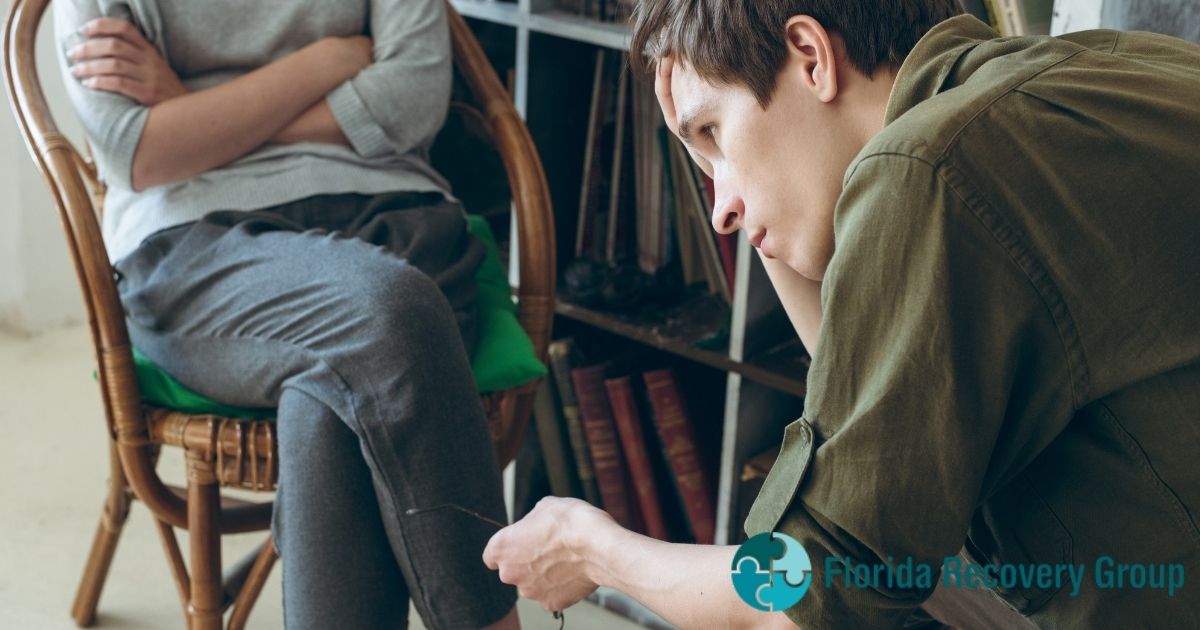
12 Nov Understanding the Six Family Roles in an Addicted Household
Addiction is a serious condition that affects every part of a person’s life. Left untreated, addiction can quickly lead to long-term damage to a person’s physical and mental health. It keeps people from engaging fully in their lives and puts strain on relationships.
Addiction also wreaks havoc on the health of entire families. When one person in a family lives with addiction, every member of the family is affected. The weight of a loved one’s addiction is often too heavy to bear, and people must find ways to cope. Often, the coping mechanisms people use are damaging and can solidify into roles people play, despite the harm they do.
It might be hard to imagine that a group of people with such varied experiences and personalities can fit neatly into specific roles, but it is very common for families to adopt these roles to function.
Learning more about the family roles in an addicted household can help you identify what is happening in your own family and healthily address the addiction.
Identifying the Family Roles in Addicted Household
Addiction experts have identified six specific roles that people take on when one member of the family is living with addiction. The descriptions that are given here assume that the addicted family member is one of the parents. However, these roles can be taken on by any member of the family, depending on which family member is struggling with addiction.
The Addict
The person who lives with addiction fills this role. The addict may be angry or depressed. They may engage in secretive behavior or may lie to hide their addiction. It is common for the addict to shift the blame away from themselves and toward another member of the family or an outside source.
The Enabler
Often, this role is adopted by a spouse or partner, but it can also be taken on by one of the children. The enabler makes excuses for the addict’s behavior. They blame everything but drugs or alcohol for the addict’s actions. They may work extremely hard to cover up the addict’s deficits or failures. They may complete work for the addict, tolerate bad behavior, and attempt to explain the addict’s behavior in a neutral or flattering light to those around them.
The Hero
The oldest child in the family is likely to fill this role. The hero does everything “right” and works hard to make it appear as though things are fine. The hero is susceptible to anxiety and may experience stress-related illnesses.
The Scapegoat
Blame and family focus shifts to the scapegoat, who is likely to be the middle child. The scapegoat internalizes the family’s blame and may eventually look for ways to escape their family.
The Mascot
Often the youngest child in the family, the mascot’s role is to deflect stress by using humor. The mascot has a desperate need for approval but lacks the skills to navigate the complexities of their addicted family and relies only on their ability to make jokes. Constantly covering up real, deep anxiety with jokes and lightheartedness makes the mascot vulnerable to stress-related illnesses and self-medication later in life.
The Lost Child
This role may be taken by the youngest or middle child. The lost child doesn’t call attention to themselves. Their needs go unnoticed and unmet. They are essentially invisible to the rest of the family because they do not rock the boat.
Each family is different, and the people may play one or more of these roles depending on the family structure. It is important to identify these roles so that the addiction can be healed.
Addressing Family Roles That Develop as a Result of Addiction
As members of the family adopt roles that allow them to momentarily cope with the stress and uncertainty that surrounds their loved one’s addiction, the behaviors they adopt often come with unintended consequences. Stress, anxiety, the strain on their other relationships, and an inability to manage other challenges can arise if they hold these roles for too long.
Whether or not the addict seeks treatment for their addiction, family members must do the work of identifying and healing these roles. In this way, even if the addict never treats their addiction, the family environment becomes more healthy for everyone involved.
Identifying and healing these family roles that develop as a result of addiction takes work and commitment. The work is often done in several ways:
- Education about addiction and family roles that contribute to it
- Individual therapy
- Group support, including Al-Anon
- Family therapy
When each family member can bring their whole self to their relationships and has skills to manage the stress of the addiction healthily, the whole family benefits.
Find Help Today
Addiction affects each person differently. At Florida Recovery Group, we know that people living with addiction and their loved ones need specialized treatment and support. If you or a loved one requires addiction treatment, we are eager to work with you. Please call today to get started on your recovery journey.





